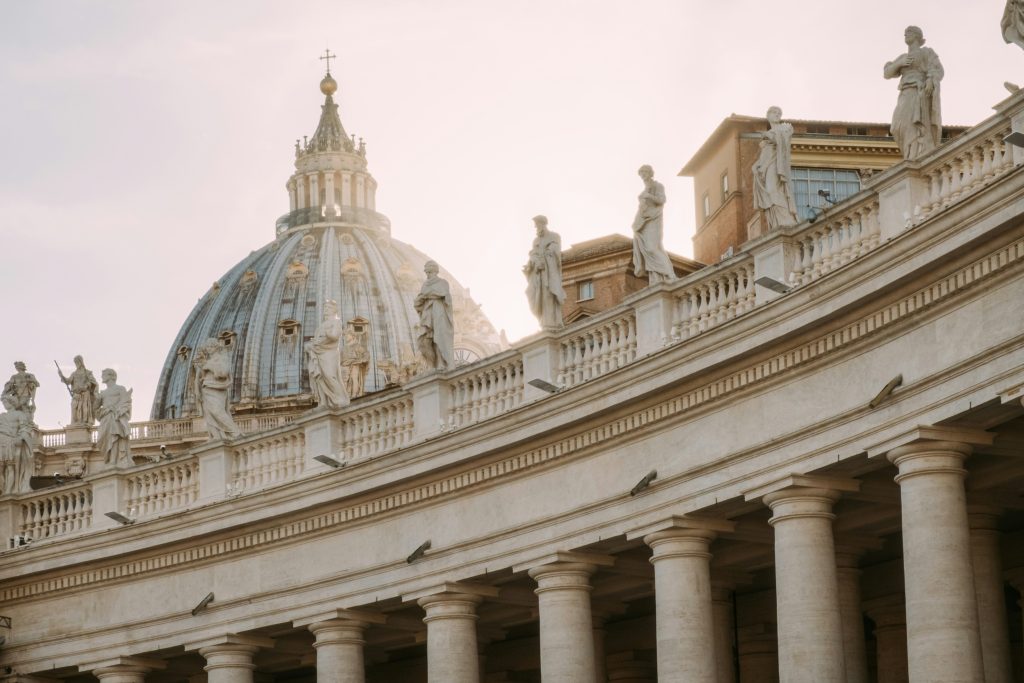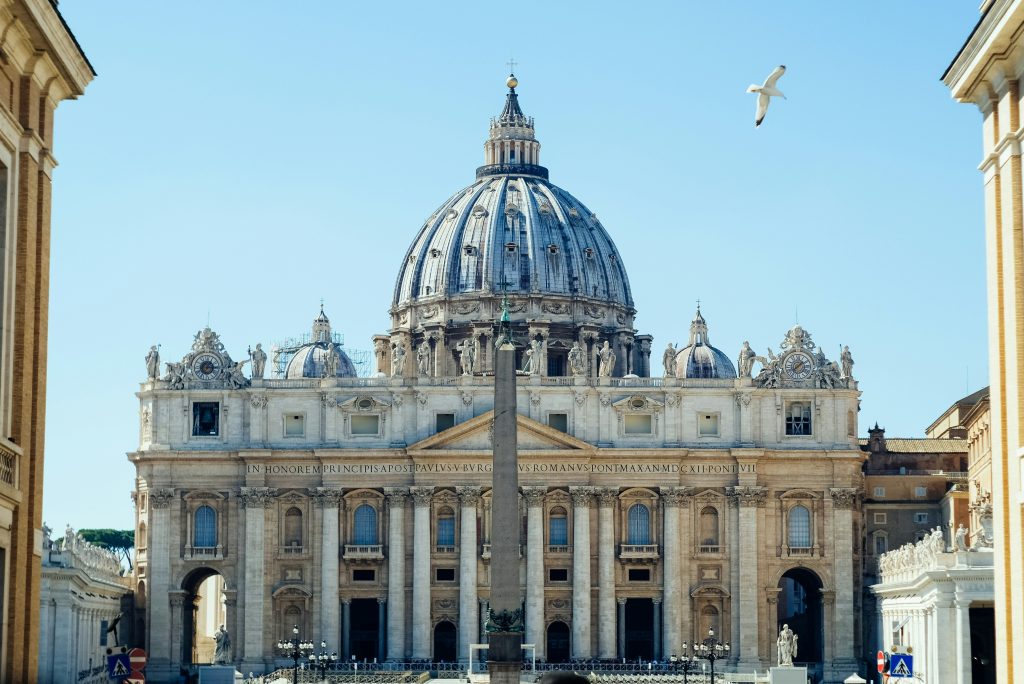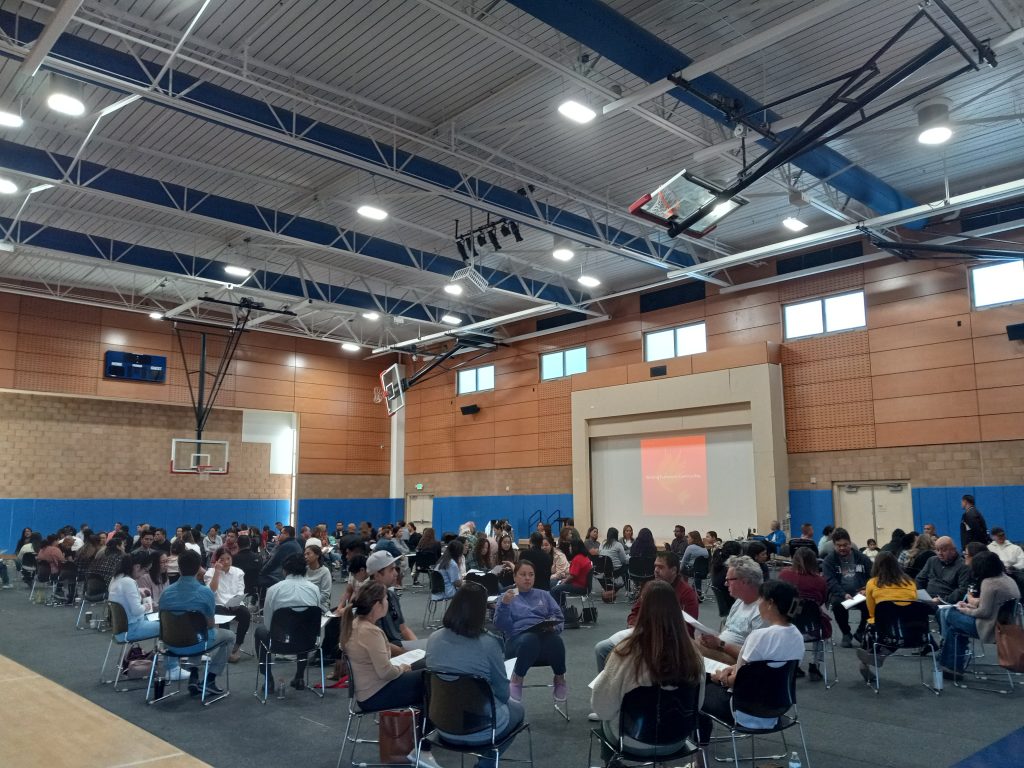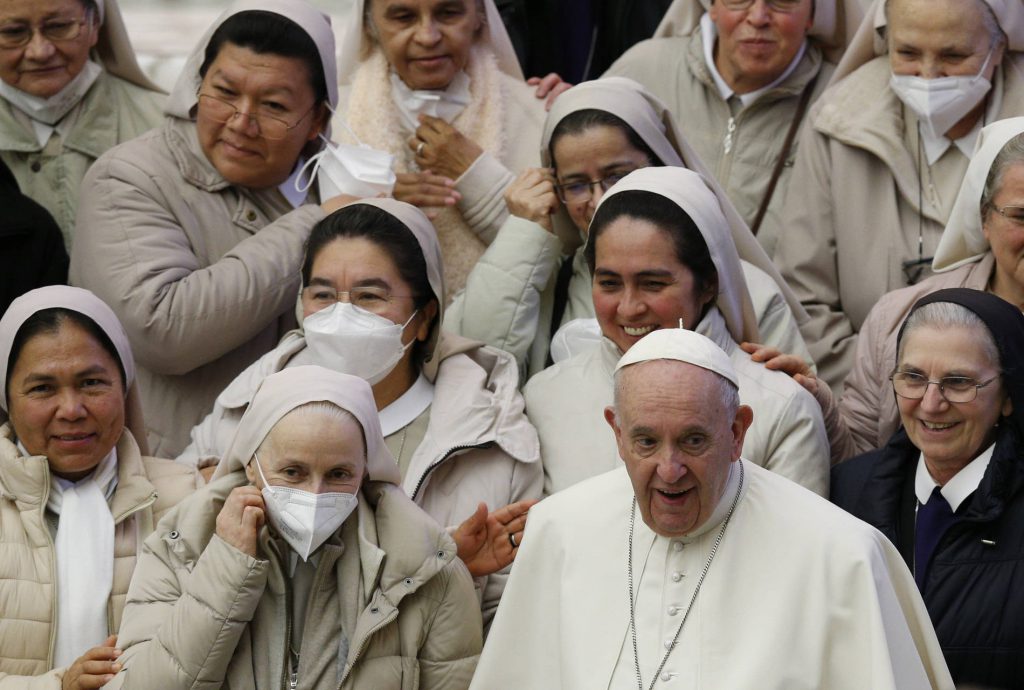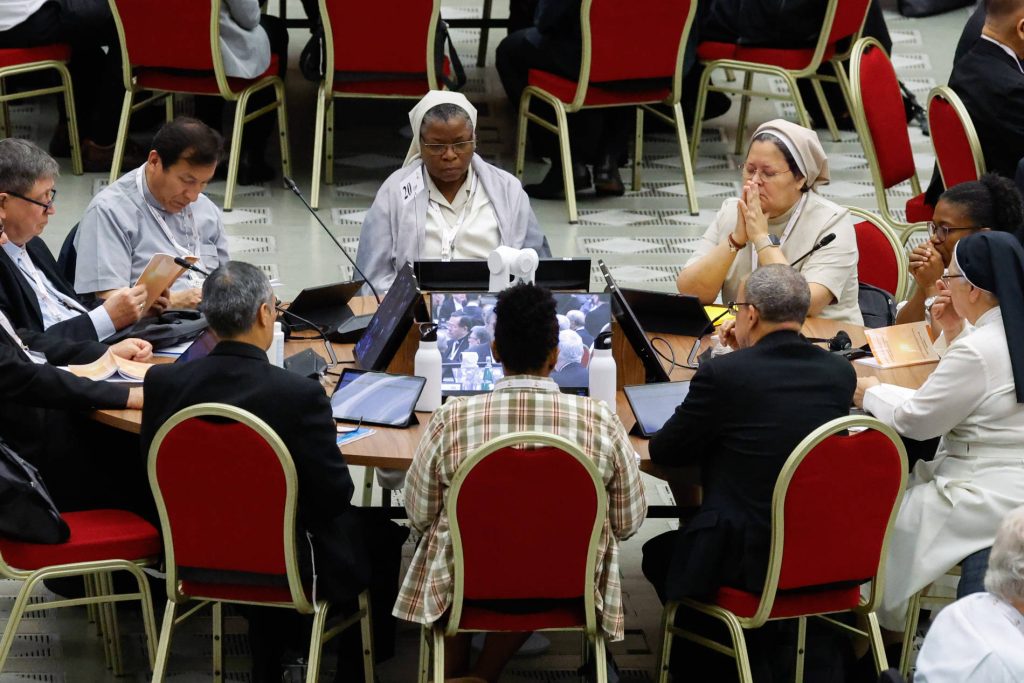SAN DIEGO — The Diocese of San Diego, along with all dioceses across the world, will celebrate a Mass on Oct. 17 to mark the beginning of the diocesan phase of the next Synod of Bishops in 2023.
Bishop Robert McElroy, accompanied by Auxiliary Bishops John Dolan and Ramón Bejarano, will celebrate the special liturgy at 3 p.m. in the diocesan Pastoral Center’s chapel. Those invited to attend include synod delegates from each of the diocese’s 97 parishes, members of the diaconate and women religious councils, priests and members of the diocesan Pastoral Council. The Mass will be livestreamed at sdcatholic.org/synodmass.
The Vatican issued a document and a handbook for dioceses on Sept. 7 as part of the Church’s preparation for the synod, discussing its theme, “For a synodal Church: communion, participation and mission.”
“Pope Francis invites the entire Church to reflect on a theme that is decisive for its life and mission. It is precisely this path of synodality which God expects of the Church of the third millennium,” the document said.
The purpose of this synod is not to produce another report, the document stressed.
“Rather, it is intended to inspire people to dream about the Church we are called to be, to make people’s hopes flourish, to stimulate trust, to bind up wounds, to weave new and deeper relationships, to learn from one another, to build bridges, to enlighten minds, warm hearts, and restore strength to our hands for our common mission,” the document said.
The handbook offers guidelines for bishops and those helping facilitate the synodal process locally on how they can best listen to and consult with Catholics and the wider community, particularly those on the margins of society, as well as Christians and non-Christians.
Chancellor Marioly Galván, of the San Diego Diocese, said the consultative process in the diocese will begin in early 2022 and will “unpack 10 general themes”: Companions on the Journey; Listening; Speaking Out; Celebration; Sharing Responsibility for Our Common Mission; Dialogue in Church and Society; Ecumenism; Authority and Participation; Discerning and Deciding; and Forming Ourselves in Synodality.
Some suggested questions included in this phase, according to the preparatory document: To whom does our particular Church need to listen to? How are the laity, especially young people and women, listened to? How do we integrate the contribution of consecrated men and women? What space is there for the voice of minorities, the discarded, and the excluded? Do we identify prejudices and stereotypes that hinder our listening? How do we listen to the social and cultural context in which we live?
However, the basic and most fundamental question guiding the whole process is: “How does this ‘journeying together,’ which takes place today on different levels — from the local level to the universal one — allow the Church to proclaim the Gospel in accordance with the mission entrusted to her; and what steps does the Spirit invite us to take in order to grow as a synodal Church?” the document said.
Local Catholics’ responses to the questions contained in the Vatican’s handbook will be combined with those from other dioceses and will then be used to guide the discussion at the international level. The synod process will conclude with a General Assembly at the Vatican in October 2023.
Denis Grasska contributed to this story.





